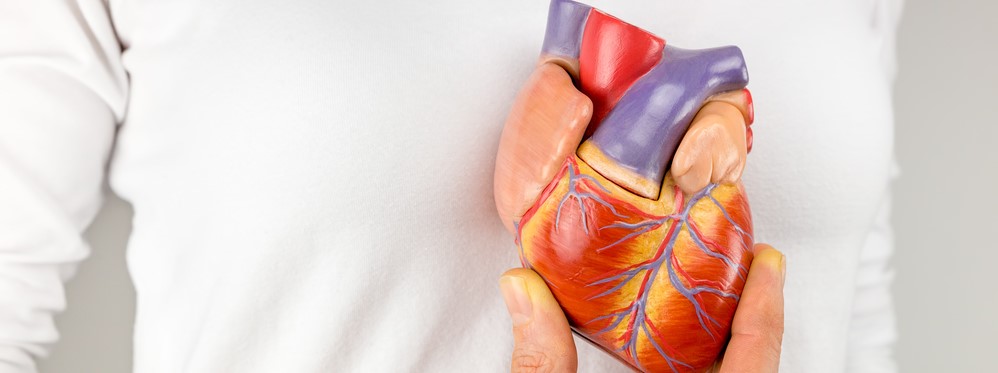
Heart Bypass Surgery
Wherever possible, Dr Mthiyane will try to resolve issues of blocked arteries with lifestyle changes, medication and less-invasive procedures, such as angioplasty and a stent. If these treatment options do not work or are not suitable for an individual, Doctor might recommend heart bypass surgery.
Heart bypass surgery is currently the most common type of heart surgery performed on adults. Heart bypass surgery is recommended when one or more of the blood vessels that transport blood to the heart muscle becomes partially blocked. Bypass surgery requires significant preparation and recovery time. It is a relatively safe and effective procedure that reduces the risk of heart attack and death. However, the more severe heart disease is, the higher the risk of complications. The procedure may also ease the symptoms of coronary artery disease, such as chest pain. Bypass surgery can often help people regain the quality of life they experienced before their heart condition. Many people who have the surgery get relief from their symptoms without needing long-term medication.
Heart bypass surgery is an open-heart surgery, which means that the surgeon cuts the chest open to get to the heart. Bypass surgery involves taking a blood vessel from another part of the body such as the chest, arms, or legs and using it to create a new path or bypass around the blockage. Blood is able to reach the heart again. Surgeons can bypass more than one artery in a single operation - a double bypass involves two repairs, a triple bypass involves three repairs, etc.
The procedure can be done "on-pump", using a heart-lung machine to circulate blood and breathe for the patient. The machine stops the heart, which makes the operation easier. Or "off-pump" which does not use the heart-lung machine and takes place while the heart is still beating.
There are instances where a surgeon can perform heart bypass surgery without opening the chest.
